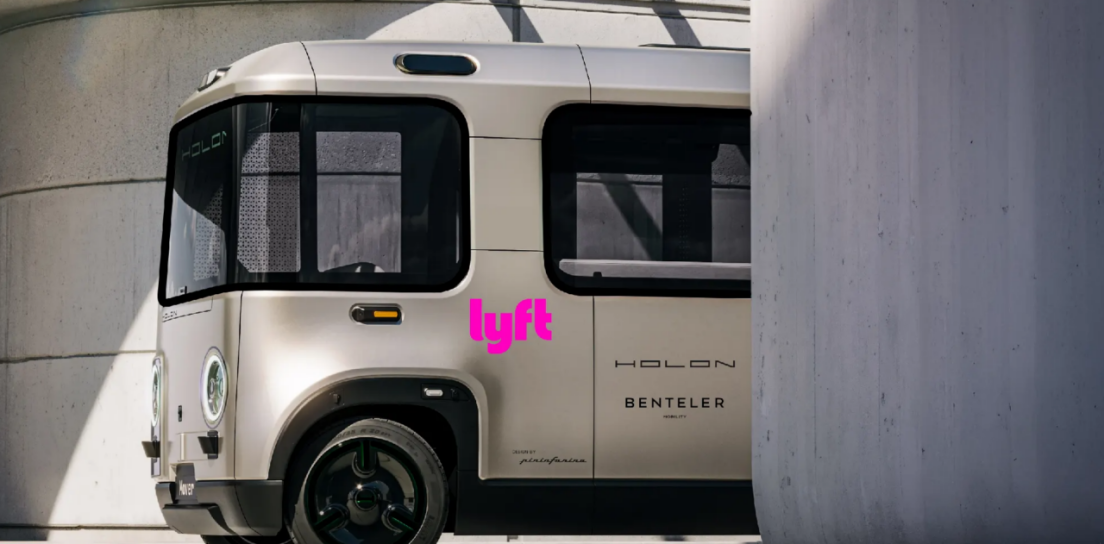On July 25, the American ride-hailing service Lyft announced in a statement that it will enter into a strategic partnership with mobility service provider BENTELER Mobility, planning to deploy autonomous shuttles on its platform, which boasts an annual passenger volume of over 44 million. The goal is to launch operations in the U.S. market by the end of 2026, aiming to catch up with its competitor Uber in the autonomous driving sector. Lyft is set to begin testing the HOLON urban electric shuttle, produced by BENTELER Group, next year. According to Lyft's announcement, the initial deployment of these autonomous shuttles will be in collaboration with airports and city management agencies, with the operational scale expected to expand to thousands of vehicles as the service goes global. This will synergize with Lyft's recently resumed ride-sharing service at U.S. airports. Lyft will also partner with BENTELER Trading International, which will be responsible for vehicle ownership and financing services, investing tens of millions of dollars for the future scaling of the autonomous fleet. As Lyft's autonomous service network continues to grow, the company plans to deploy thousands of BENTELER Mobility autonomous vehicles on its platform to serve passengers. This move will further strengthen Lyft's core strategy: as more fleet operators, OEMs, and technology developers enter the autonomous driving field, Lyft aims to become the preferred collaboration platform in the industry. In its statement, Lyft views BENTELER Group as a strategic partner with mass production capabilities and believes that BENTELER Group can support Lyft's autonomous driving strategy, which will encompass a diverse range of vehicle models beyond just autonomous shuttles. Similar to the autonomous taxi being developed by Amazon's subsidiary Zoox, the HOLON shuttle is designed without traditional driving controls like a steering wheel, pedals, or windshield, accommodating up to nine seated passengers and six standing passengers. According to information on BENTELER's official website, HOLON urban vehicles utilize Mobileye's autonomous driving technology. BENTELER announced last year that its first manufacturing facility for autonomous shuttles in the U.S. is expected to be built in Jacksonville, Florida, by 2026. Last November, HOLON also applied for a temporary exemption from certain vehicle driving control requirements with the National Highway Traffic Safety Administration (NHTSA), but as of now, NHTSA has not ruled on the application. Lyft is actively establishing partnerships with autonomous vehicle manufacturers and technology suppliers in preparation for launching its first autonomous service in Atlanta later this year in collaboration with May Mobility. Meanwhile, Uber has launched autonomous taxi services in Phoenix, Austin, and Atlanta through its partnership with Waymo, a subsidiary of Alphabet, and has expanded operations in Abu Dhabi with WeRide, with plans to introduce similar services in more global markets in the coming years.
Lyft Partners with BENTELER Mobility for Autonomous Shuttle Deployment

Share this post on: